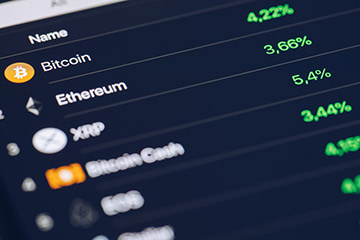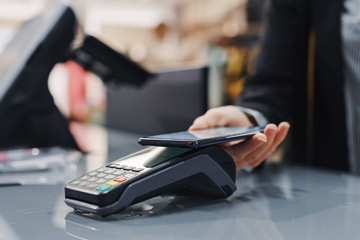Currency exchange businesses to have licence
On 2 June 2017, the Danish Parliament adopted a new act on measures to prevent money laundering, the primary objective being to implement the fourth Anti-Money Laundering Directive. The new Act stipulates that currency exchange activities require a licence from the Danish FSA. The supervision of currency exchange businesses will be be moved to the Danish FSA at the same time.
The requirement should be seen in light of both currency exchange activities and money remittance activities being considered to be high-risk areas for money laundering and cases in recent years about non-compliance with the Danish Act on Measures to Prevent Money Laundering in both money remittance businesses and currency exchange businesses have demonstrated that the sector has difficulty complying with the Danish Act on Measures to Prevent Money Laundering.
New requirements to be fulfilled by currency exchange businesses
The new licence requirement applies to all businesses engaging in commercial currency exchange activities; it is not required that currency exchange is the business's primary activity. Compared to the Danish Business Authority's existing registration scheme, the licence requirement entails a number of new requirements to be fulfilled by currency exchange businesses:
- Fit and proper requirements to be fulfilled by the management. It means that it will no longer be enough that the management has not been found guilty of any offences providing grounds for an immediate risk of abuse of their position - the management must have the necessary knowledge/experience/skills and a good reputation
- Written procedures. It is no longer sufficient that the business has money laundering procedures in place to comply with the requirements laid down in the Act in such regard. In the future, there will also be requirements as to policies and controls including for instance risk management and IT security
- The business's business model. The Danish FSA will assess the viability of the business model based on its description as well as a budget prognosis for the next three years
Grandfathering rules
The licence requirement, together with the rest of the new Danish Act on Measures to Prevent Money Laundering, will enter into force on 26 June 2017. However, a gransfathering rule applies to currency exchange businesses that are already registered with the Danish Business Authority under the current Danish Act on Measures to Prevent Money Laundering as of 26 June 2017.
This means that such businesses may continue their activities without a licence if they apply for a licence under the new rules on 31 December 2017 at the latest. If they do not apply for a licence, they must stop their currency exchange activities on 31 December 2017 at the latest.







